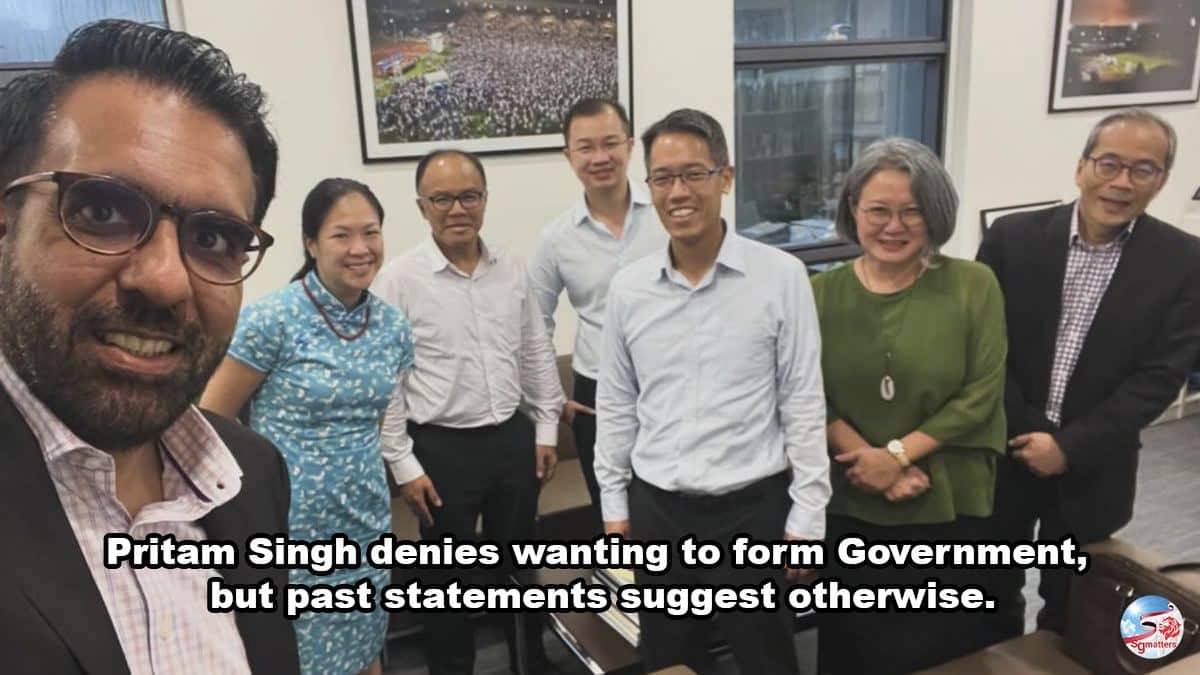On February 27th, the Secretary-General of the Workers’ Party, Pritam Singh, proposed in Parliament that English language proficiency be used as a selection criterion for new immigrants.
Language, religion, and race are sensitive issues that can touch the nerves of many people, resulting in newspaper comments and public discussions.
This proposal has no practical effect on Singapore’s various ethnic groups, but it may leave a bad taste in the mouths of those who are not fluent in English or who have suffered from their lack of proficiency in the past.
Since its founding, Singapore has been tirelessly building a sense of national identity and a harmonious society in which all ethnic groups merge into one.
We once tried to design a national costume for Singapore, but it ultimately fell through. Some patriotic songs can only be performed during National Day celebrations. Singaporeans can live together in harmony, not by relying on ideology, but by sharing common values, namely respect and tolerance.
In the early days of nation-building, people respected each other’s languages and tolerated those who did not understand their own language. This is also a manifestation of the Kampung spirit.
Everyone lived together, learned about each other’s cultures and religious beliefs, and respected each other’s differences.
Our multicultural society was formed in this way. There is no such thing as who assimilates into whom. We not only respect the right of each ethnic group to maintain its own unique language and culture but also accept each other with an attitude of tolerance.
There is no such thing as a local language in Singapore, and none of the four official languages is considered more important than the others.
Does knowing English make it easier to find a job? It was because I knew Mandarin that I was able to find a job more quickly at a multinational company that was interested in developing in China in the 1980s.
China is now the world’s second-largest economy, and the economies of India and Indonesia are also expanding, so not speaking English does not necessarily mean you cannot find a job. The relative importance of Mandarin, Malay, and Indonesian is also increasing.
Whenever foreigners watch Singapore’s National Day Parade, they admire our Prime Minister’s ability to speak in three languages.
What they see is the influence of multiple languages, what they hear is the government’s forward-looking strategy for the country, and what they feel is the country’s appreciation of its diverse ethnic groups.
Anyone who works, plays, or even settles in Singapore knows how convenient it is to speak English here, but Singapore is not Britain, the United States, or Australia. Not speaking English is not an option.
Singapore is an open country that must communicate with different countries and accept immigrants from different cultures to enrich the vitality of our diverse society.
All of this requires us to uphold the values of respect and tolerance. Simply testing language proficiency in any language to achieve social integration is likely to cause unnecessary misunderstandings and is therefore unnecessary.





